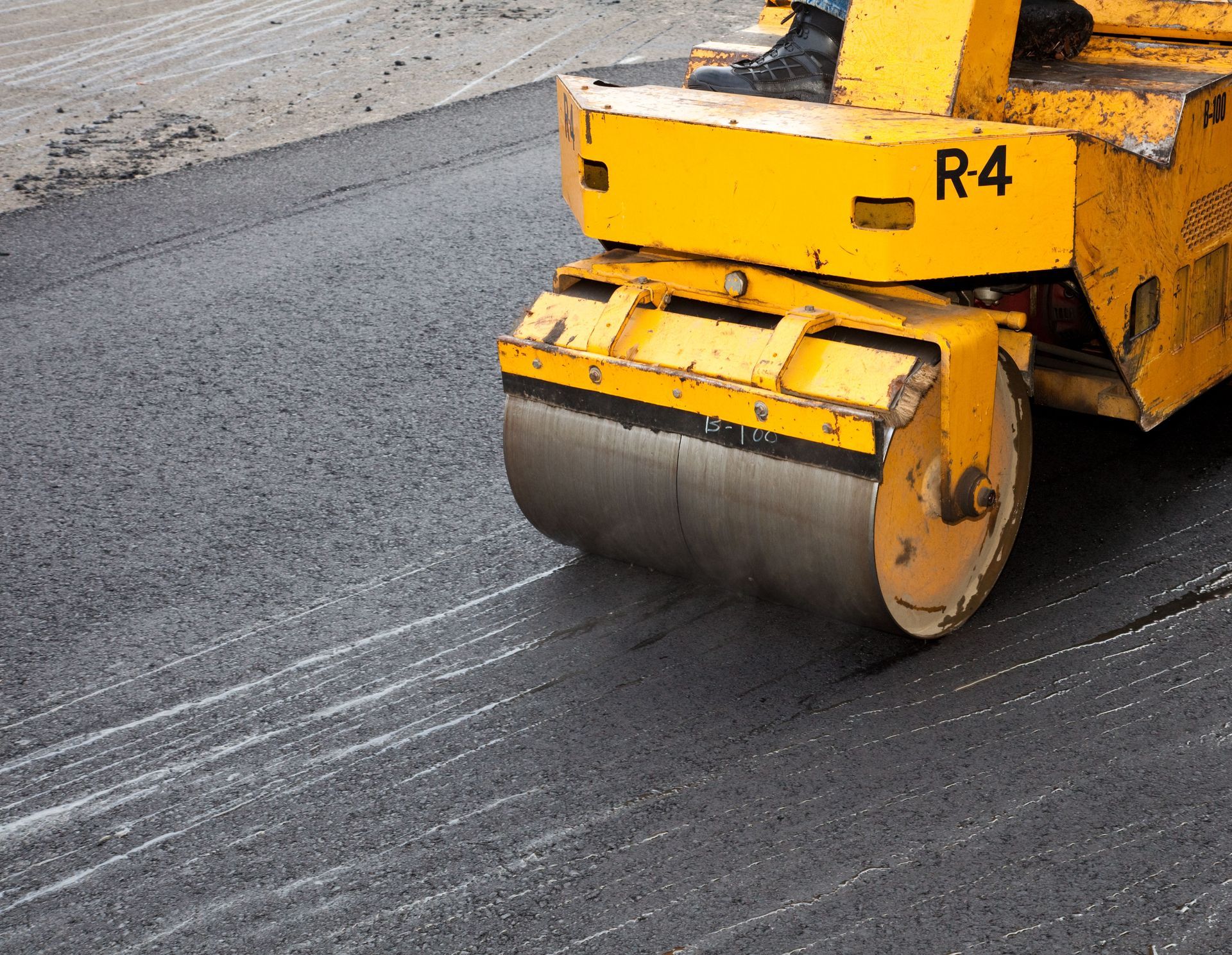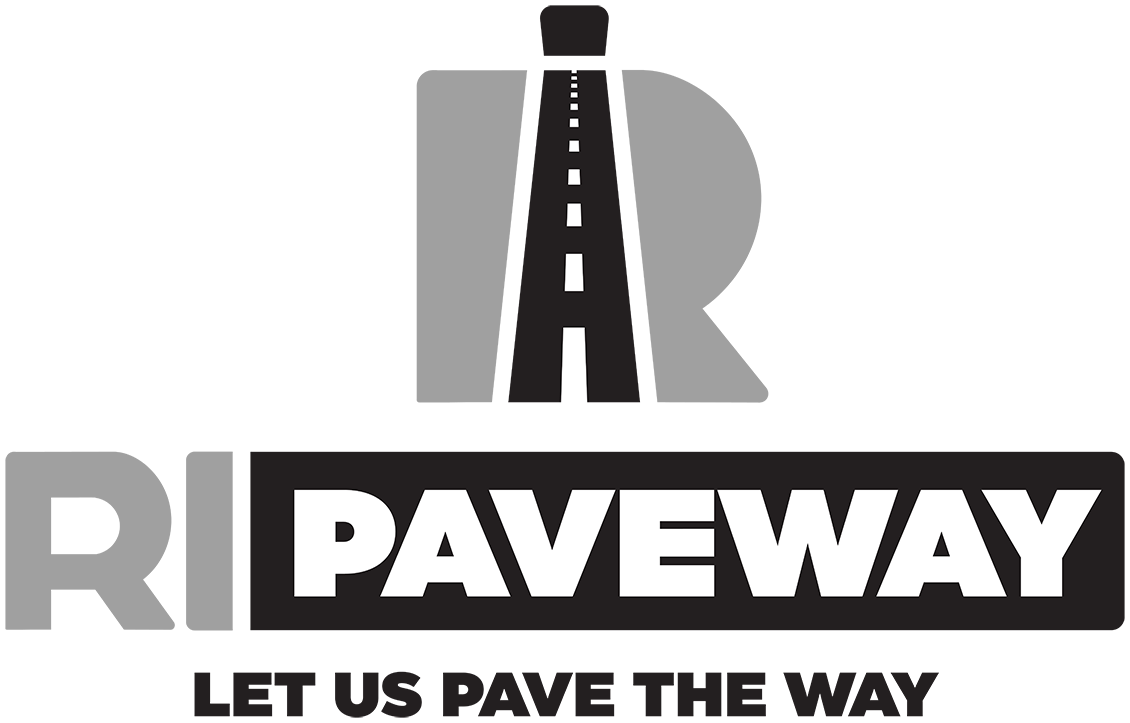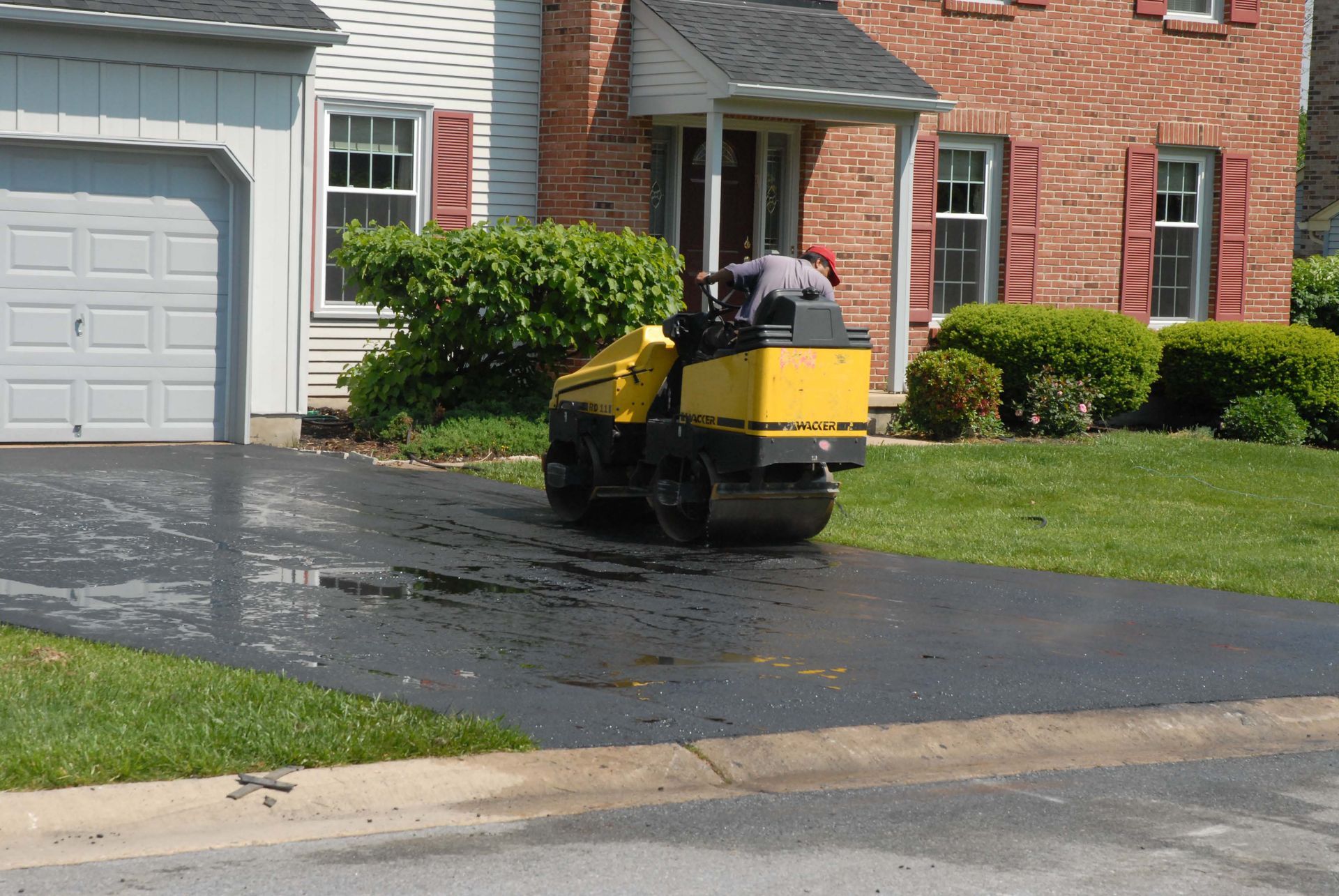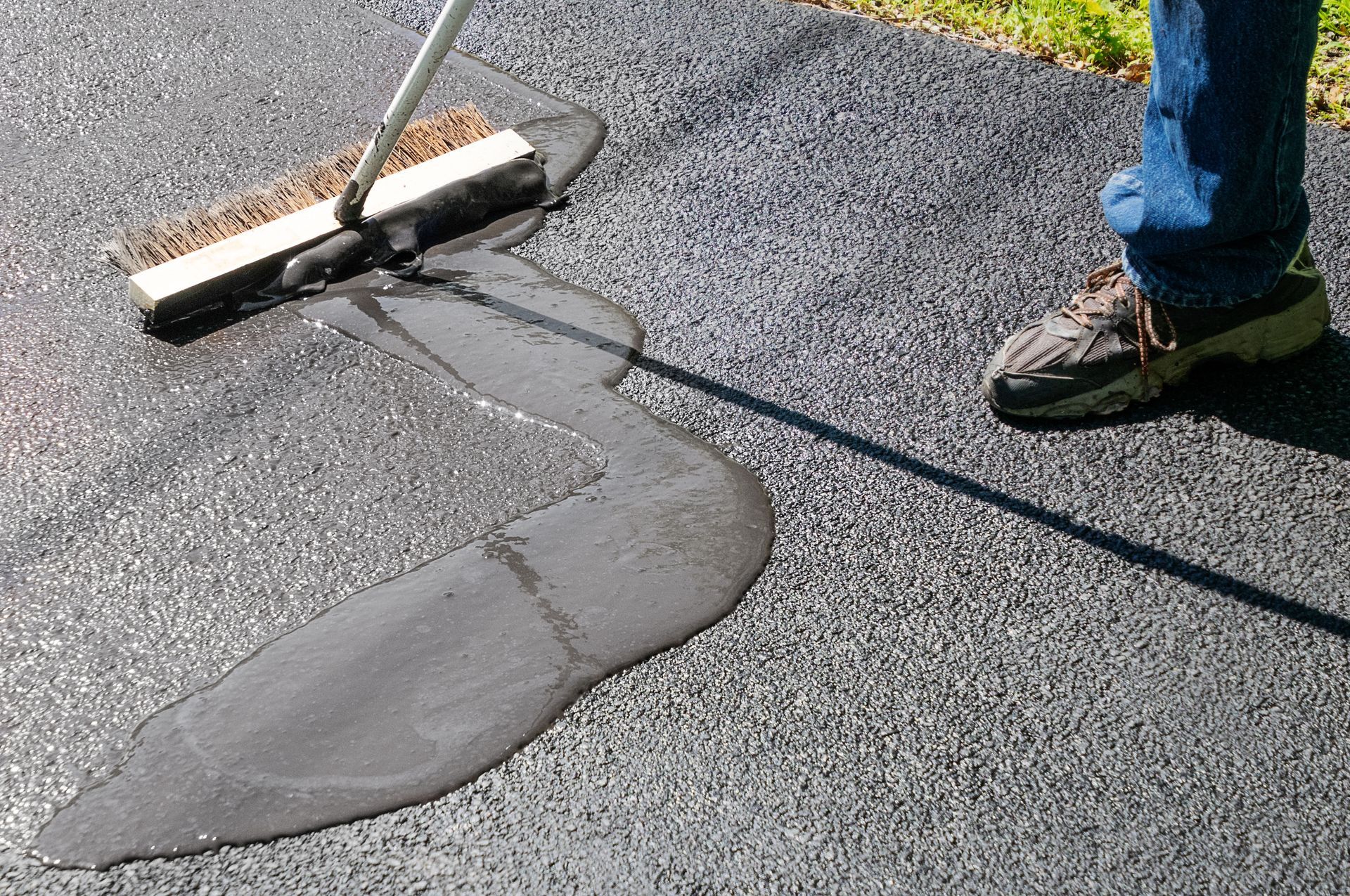12 Questions to Ask a Paving Contractor Before Signing a Contract
When it’s time to repair or install a driveway, parking lot, or private road, hiring a reliable paving contractor can make all the difference. The quality of the work can impact how long your surface lasts and how well it handles wear over time. Whether you’re a homeowner or managing a commercial property, the contractor you choose should be experienced, licensed, and clear in their communication from the start. Below are 12 of the most important questions to ask your paving contractor before signing a contract.
1. Are You Licensed and Insured?
Before any work begins, confirm that your paving company is properly licensed in your state and carries both liability and workers’ compensation insurance. This protects you from liability in case of injury or property damage during the project.
A licensed contractor is more likely to follow industry standards and meet local regulations. Insurance, on the other hand, ensures that if anything goes wrong, you're not stuck footing the bill. Ask for documentation and verify it—trustworthy contractors won’t hesitate to share proof. This conversation sets the tone for a transparent and professional working relationship.
2. Can You Provide References or Examples of Past Work?
Looking at previous projects or speaking with past clients can help you evaluate the quality of the contractor's work. Reputable paving companies should have no issue providing a portfolio or directing you to completed jobs nearby.
Photos can give you an idea of their craftsmanship, but seeing work in person, if possible, is even better. Ask how long ago the jobs were completed—this gives you insight into how their work holds up over time. References can also reveal how the contractor handles communication, timelines, and unexpected issues.
3. What Type of Materials Will You Be Using?
Not all asphalt or concrete is created equal. The type and grade of materials used can directly affect the appearance and longevity of your paved surface. Ask about the materials your paving contractor plans to use and why they recommend them for your project.
Discussing material quality upfront helps prevent future maintenance problems. A good contractor will explain the pros and cons of each material option based on your property’s needs, traffic load, and budget. This will help you make an informed decision that balances cost and quality.
4. How Long Will the Project Take?
A clear timeline sets expectations and helps avoid scheduling conflicts. Ask your contractor how long they expect the job to take from start to finish, including site preparation and cleanup.
Weather delays, drying times, and equipment availability can all affect the schedule. Be wary of overly optimistic timelines that sound too good to be true. Reliable paving companies will offer a realistic timeframe and explain what might delay the work. Knowing this helps you plan ahead and reduces stress during the project.
5. What Is Included in the Contract and Final Price?
A detailed contract protects both parties and should clearly outline the scope of work, materials used, payment schedule, and total cost. Ask your paving company what exactly is included in the price and request that all verbal agreements be written into the contract.
Does the price include excavation, base prep, grading, and cleanup? Are there any potential extra charges, such as hauling away debris or sealing the surface? Clarifying this upfront avoids hidden fees and keeps the project on budget. The more details included, the fewer surprises later on.
6. What Kind of Maintenance Will Be Required?
After installation, your pavement will require maintenance to stay in good shape. Ask your contractor about upkeep recommendations and how often maintenance should be performed.
For example, sealing asphalt every few years can extend its lifespan. According to The Spruce, asphalt driveways typically last up to 20 years, depending on the quality of the installation, the severity of the climate, the usage, and how well they are maintained. Knowing how to properly care for your new surface helps you get the most out of your investment. A dependable contractor will walk you through ongoing care instructions before wrapping up the job.
7. How Do You Handle Drainage and Water Runoff?
Poor drainage can quickly damage a new paved surface, leading to cracks, potholes, and other structural issues. Make sure to ask how your paving contractor will address water drainage and runoff on your property.
They should be able to explain how the pavement will be sloped to encourage water to flow away from structures and prevent pooling. Discuss whether additional features like drainage channels or catch basins will be needed. A thorough contractor considers your site’s grading and ensures the finished product is both functional and durable.
8. Will There Be a Point of Contact During the Project?
Clear communication is essential during any construction project. Ask your paving company who your point of contact will be while the job is underway and how they prefer to communicate.
Whether it’s phone, text, or email, having one consistent contact makes it easier to get updates or address questions as they arise. Confirm how often you’ll receive progress updates and what to do if you encounter an issue. Reliable contractors provide prompt communication and keep you informed throughout the process.
9. How Will You Prepare the Base Layer?
The strength and longevity of your pavement largely depend on a properly prepared base. Ask the contractor how they’ll prepare the base layer before laying asphalt or concrete.
A solid base requires proper grading, compaction, and often the use of crushed stone. Skimping on this step can cause surface problems later on. Your paving contractor should explain the process and why it's important to the success of your project. Taking time to prepare the base correctly helps prevent costly repairs down the road.
10. How Do You Handle Unexpected Issues?
Every project runs the risk of encountering unforeseen challenges—such as buried utility lines, unstable soil, or bad weather. Ask your paving company how they handle surprises that could affect the cost or timeline.
A good contractor will explain their approach to troubleshooting and be transparent about how changes will be communicated and approved. Make sure you understand how change orders are handled and whether you'll have input before additional work is started. Open dialogue about contingencies reduces frustration if something unexpected arises.
11. What Payment Terms Do You Require?
Understanding the payment structure helps you budget and prevents miscommunication. Ask how much is due upfront, when the next payments are scheduled, and how final payment is handled.
Be cautious of contractors who demand full payment before any work begins. A common arrangement is a deposit followed by progress payments and a final balance upon completion. Always get the payment terms in writing. A trustworthy paving contractor will keep payment terms clear and fair for both parties.
12. What Equipment Will You Be Using?
The tools and machinery used can influence the final outcome of your paving project. Ask about the type of equipment your contractor will bring to the job.
Well-maintained, commercial-grade equipment generally leads to a smoother and more durable finish. Older or poorly maintained machines may cause uneven compaction or visible flaws. Your contractor should be able to explain how their equipment supports high-quality results and keeps the project moving efficiently.
Choosing the right paving contractor takes more than comparing prices—you need someone who’s transparent, skilled, and committed to delivering lasting results. By asking these questions upfront, you’ll feel more confident about your investment and avoid costly mistakes. If you're planning a paving project in Rhode Island, reach out to Rhode Island Paveway Inc today. We'll walk you through your options, answer your questions, and deliver the dependable service you deserve.





Share On: